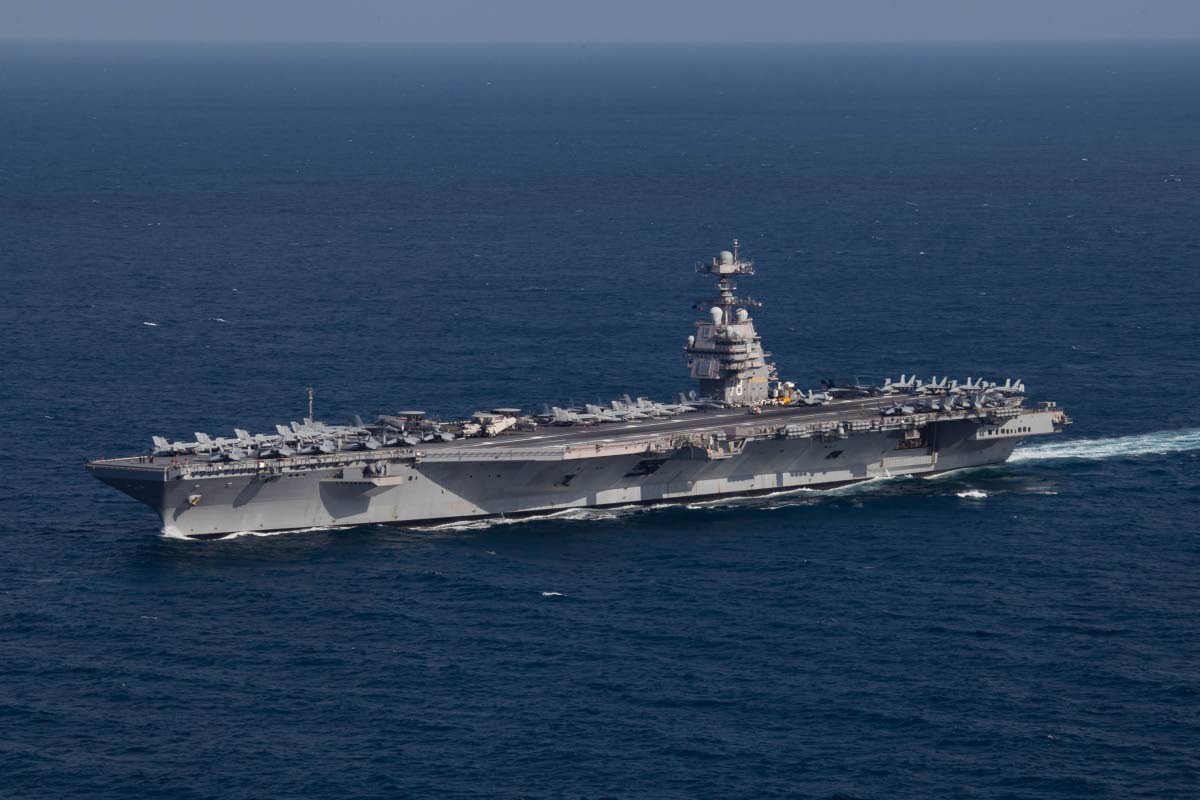Recent statements by US President Donald Trump and Venezuelan President Nicolas Maduro have sparked cautious optimism for a potential de-escalation of tensions between the two nations in the Caribbean. Maduro, during his television program ‘Con Maduro’ on November 17, expressed willingness to engage in talks with US officials, a sentiment echoed by Trump, who confirmed Venezuela’s request for formal discussions. Caribbean Policy Consortium co-chairman Prof Anthony Bryan emphasized the importance of dialogue, stating, ‘Dialogue is always better than sabre rattling.’ These developments come amidst a significant US military presence in the region, including the arrival of the aircraft carrier USS Gerald R Ford and its strike group. The deployment, which began in August, has been framed by the US as part of anti-narcotics efforts, though critics, including the UN and European Union, have raised concerns about extra-judicial killings. Trinidad and Tobago Prime Minister Kamla Persad-Bissessar has supported the US military presence while reaffirming her country’s sovereignty and refusal to be used as a launchpad for attacks on Venezuela.
